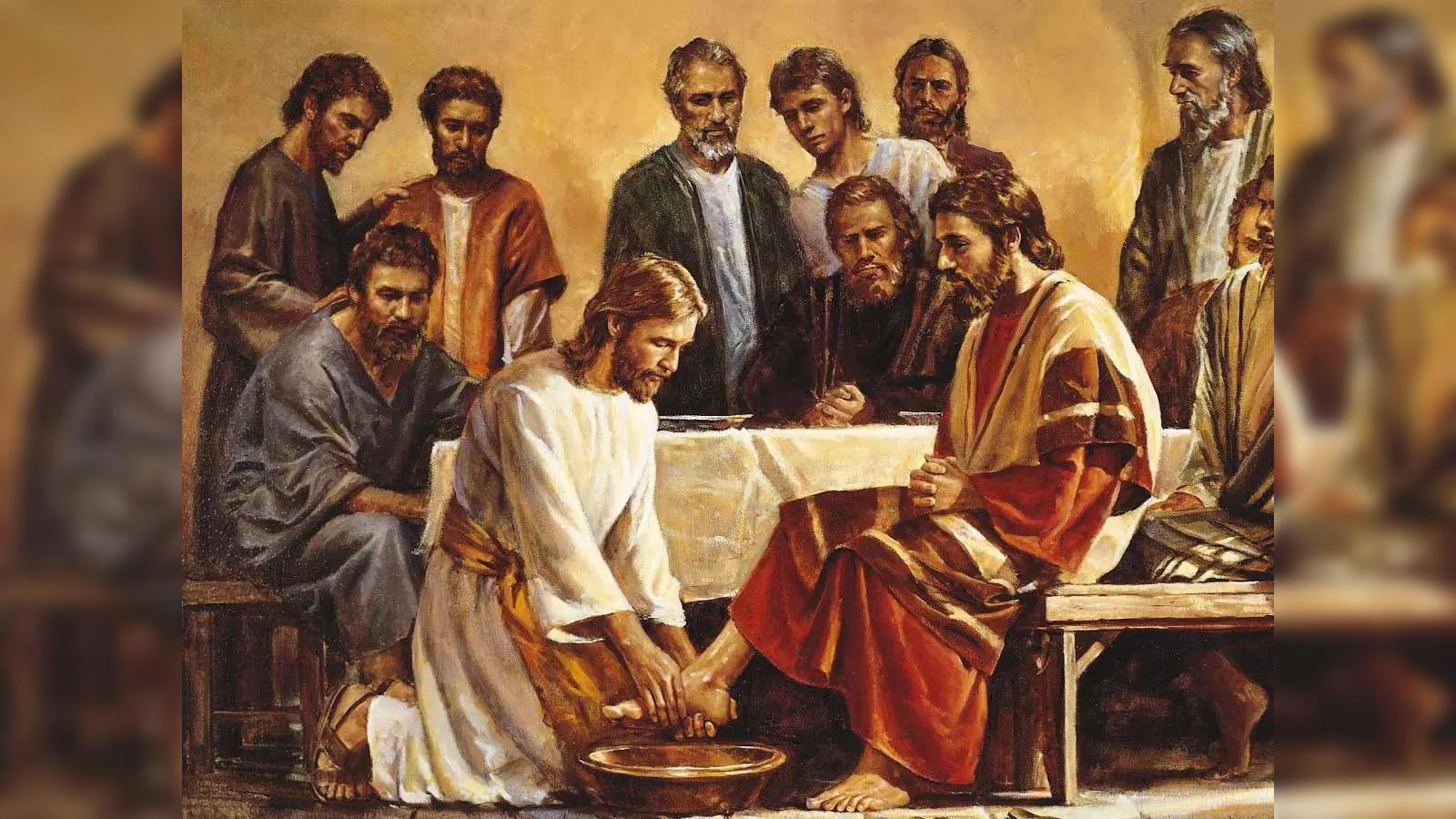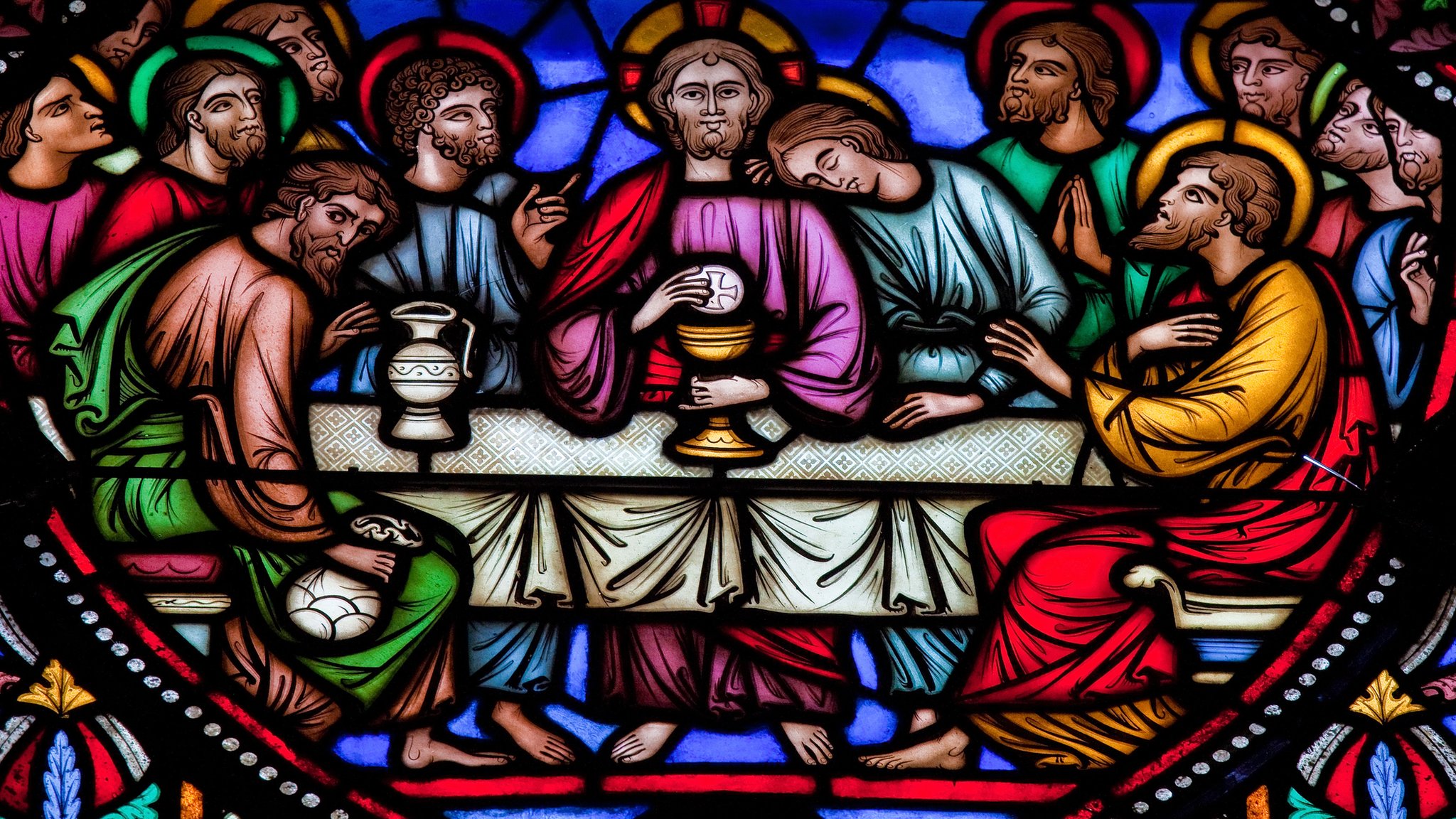Maundy Thursday, observed on March 28, 2024, holds profound significance in the Christian calendar as it marks the Thursday before Easter Sunday. This day commemorates the Last Supper of Jesus Christ with his disciples, a pivotal event that symbolizes humility, service, and love within the Christian faith. Maundy Thursday, also known as Holy Thursday, serves as a time for solemn reflection on Jesus’ teachings and sacrifice during Holy Week, setting the stage for Good Friday and Easter Sunday.
History of Maundy Thursday
The history of Maundy Thursday traces back to the foundational event of the Last Supper, where Jesus shared his final meal with his disciples before his crucifixion. Rooted in the New Testament, this significant day symbolizes Jesus’ commandment to love one another, as reflected in the Latin term “mandatum.” The act of washing the disciples’ feet during the Last Supper exemplifies humility and service, emphasizing the importance of selflessness and compassion in Christian teachings.
Significance of Maundy Thursday
Maundy Thursday is a day of remembrance and reflection, focusing on key aspects of Jesus’ actions during the Last Supper. The ritual of Holy Communion, symbolizing Jesus’ body and blood through bread and wine, serves as a poignant reminder of his sacrifice. Additionally, the act of washing the disciples’ feet underscores the values of humility and service, encouraging believers to emulate Jesus’ example of love and compassion towards others. Maundy Thursday sets the stage for the contemplation of Jesus’ suffering and the anticipation of his resurrection on Easter Sunday.
Rituals and Traditions
Maundy Thursday is marked by various rituals and traditions that enhance its significance for Christians worldwide. One notable tradition is the foot-washing ceremony, symbolizing humility and mutual service among believers. Some churches observe the stripping of altars, reflecting the desolation after Jesus’ arrest, while others partake in a special meal to commemorate the Last Supper. In the United Kingdom, a unique tradition involves the distribution of Maundy Money by the British monarch to those in need, dating back to the 17th century.
The origin of Maundy Thursday dates back to the foundational event of the Last Supper, where Jesus Christ shared a final meal with his disciples before his crucifixion. This significant day symbolizes humility, service, and love within the Christian faith. The term “Maundy” is derived from the Latin word “mandatum,” meaning “commandment,” reflecting Jesus’ instruction to love one another and his act of washing the disciples’ feet as an example of kindness and humility.
Maundy Thursday is celebrated by Christians worldwide as part of Holy Week, marking the end of Lent and leading up to Easter Sunday.The celebration of Maundy Thursday varies across different countries and denominations, but some common practices include:
- Commemorating the Last Supper: Many churches reenact the Last Supper, where Jesus shared bread and wine with his disciples, symbolizing his body and blood.
- Foot-Washing Ceremony: Some churches practice a foot-washing ceremony to emulate Jesus’ act of washing his disciples’ feet, emphasizing humility and service.
- Eucharist: The celebration of the Eucharist, also known as the Last Supper, involves partaking in bread and wine as a remembrance of Jesus’ sacrifice.
- Stripping of Altars: In certain traditions, churches strip their altars bare on Maundy Thursday to symbolize the desolation after Jesus’ arrest.
- Maundy Money: In the United Kingdom, the British monarch distributes Maundy Money to those in need, a tradition dating back to the 17th century.
Overall, Maundy Thursday holds immense significance for Christians as a day of reflection, remembrance, and preparation for Good Friday and Easter Sunday. It serves as a time to embody the values of love, humility, and service exemplified by Jesus Christ during the Last Supper, inspiring believers to follow his teachings and embrace the spirit of compassion and selflessness in their lives.

Quotes Reflecting the Spirit of Maundy Thursday
- “After giving gratitude, he broke it, declaring, ‘This is my body, which is for you.’ Do this as a tribute to me.”
- “I give you a new commandment: that you love one another as I have loved you. You should love one another the way I have loved you.”
- “I’ve loved you in the same way that my Father has loved me. Stay true to my affection.”
- “I throw myself at the foot of the Tabernacle like a dog at the foot of his Master.” – St. John Vianney
- “The Eucharist is the source and summit of the Christian life.” – Pope John Paul II
- “When you look at the Crucifix, you understand how much Jesus loved you then. When you look at the Sacred Host, you understand how much Jesus loves you now.” – Blessed Mother Teresa
In conclusion, Maundy Thursday 2024 stands as a day of reverence, reflection, and remembrance within the Christian faith. It serves as a poignant reminder of Jesus’ teachings on love, humility, and service, inviting believers to embody these values in their lives. As Christians worldwide observe this sacred day, the rituals, traditions, and quotes associated with Maundy Thursday resonate with the enduring message of faith, compassion, and devotion that define this significant occasion.

